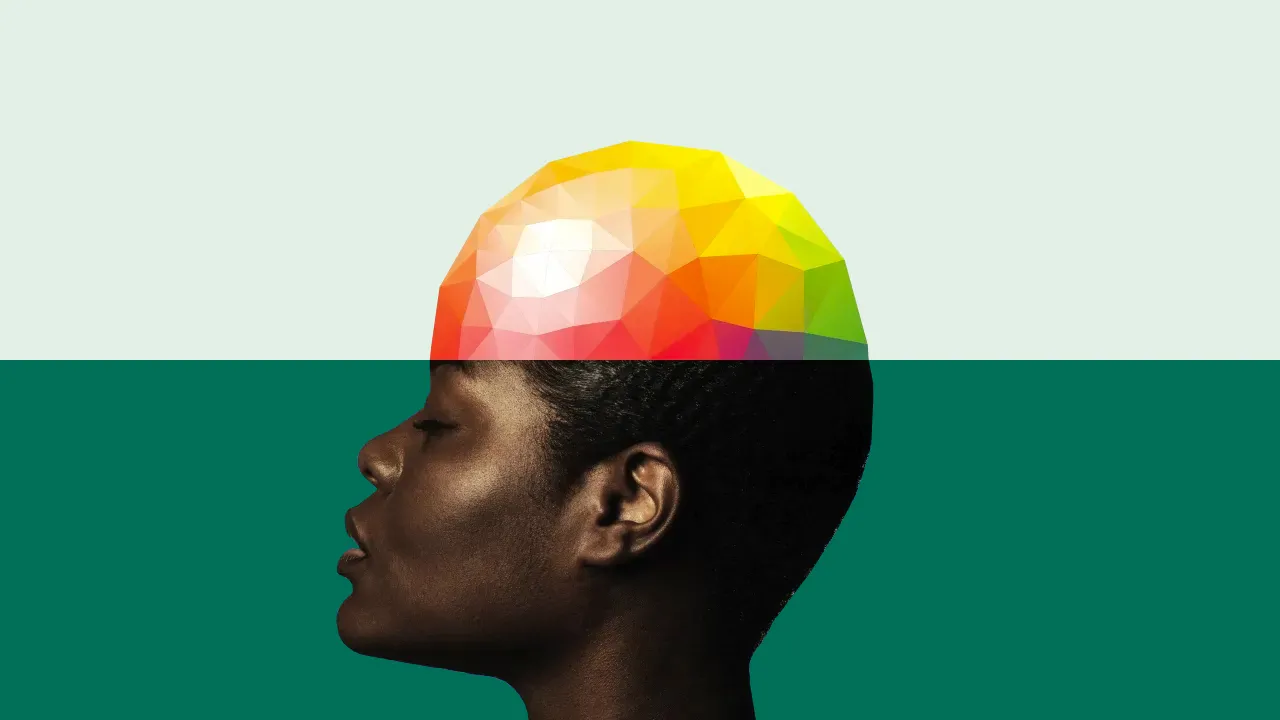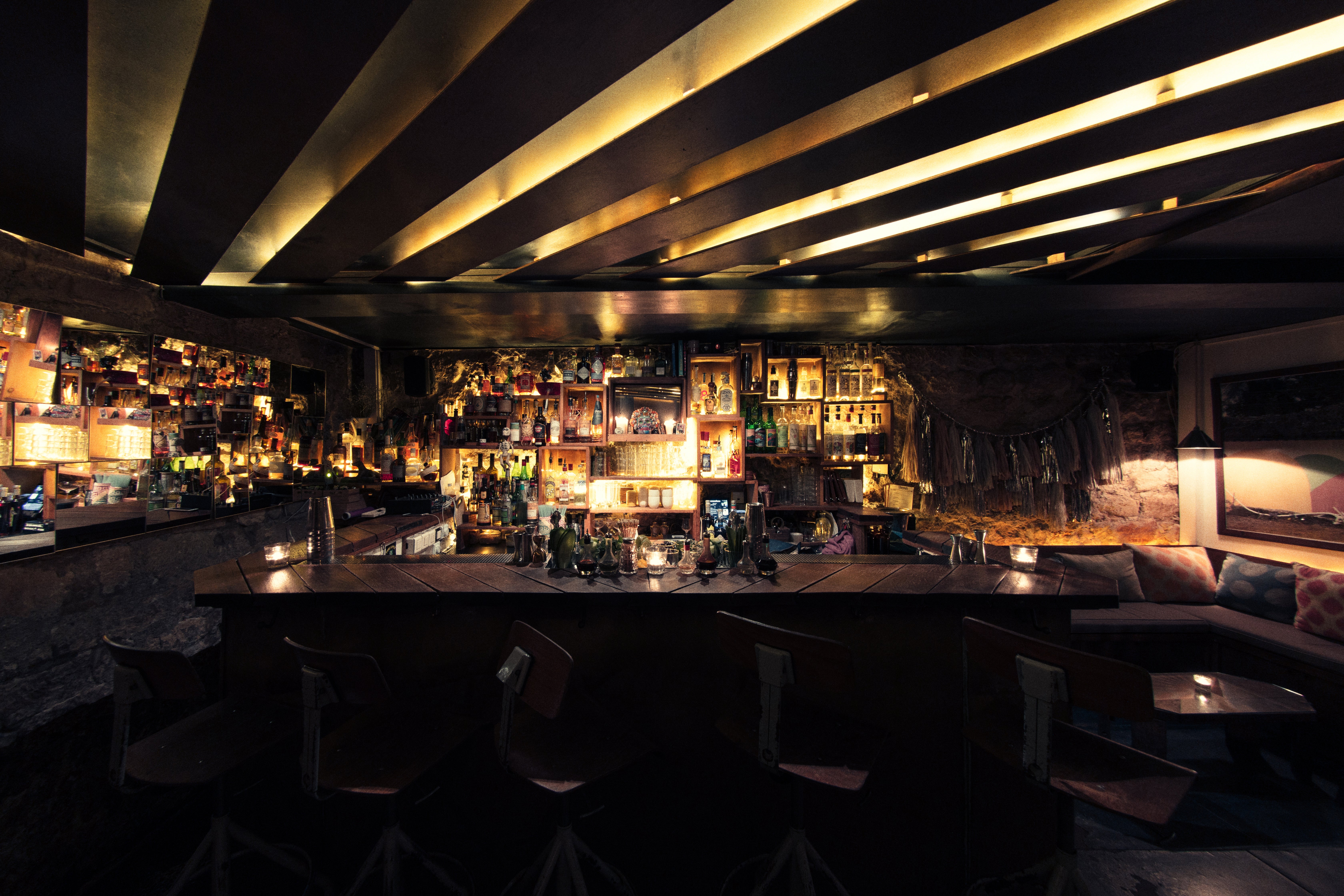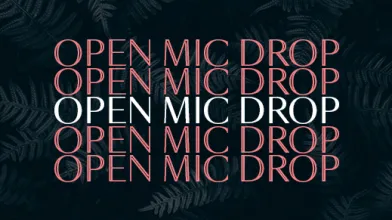What’s the story behind All Things Equal?
"Our founder has a daughter with autism who was finishing school. She loved to bake, yet there were no employment opportunities for her. And at the same time, I was working on a project to help people with disability find mainstream work, and we found that incredibly difficult. So we figured, well, let's just try this out.
In Australia, only 54% of people with a disability are engaged in the workforce; not necessarily because they don't want a job, but maybe because there are no opportunities out there and people aren't willing to give them a go."
How does All Things Equal address that?
"We run cafes, footy club canteens, a whole bunch of stuff under the hospitality banner that employs young adults with and without disabilities, and pays everyone the award wage.
We employ people with a wide range of disabilities – autism, intellectual disabilities, cerebral palsy, Down syndrome. ADHD comes into some of that as well."
What are the common misconceptions about hiring people with disabilities?
"A whole range of things from, you know, literacy and numeracy skills to the fact that there's a stigma around them, like, ‘You can't get a job and get paid properly. You can't make a coffee.’
We're really big on breaking down those barriers and proving our staff can get a job anywhere. Really, the biggest barrier towards inclusive employment is people in society without disability."
Why should venues consider more inclusive hiring?
"The biggest thing is, it's actually mutually beneficial. Certain people with disabilities might have a specific skill set that someone else may not have – perhaps it's being detail-orientated, or better with customers.
Every single person who works with us adds so much value, and that uniqueness benefits our workplace culture. It brings in more customers, who know they're going to be treated with respect and dignity, but at the same time, our staff gets back from the customers.
Interestingly, on our street our biggest competition is from other cafes. And every single cafe on our street is hiring right now. Every single cafe has a sign outside their door. Yet we've got 60 people on our wait list. So, we've got the flipped challenge."
What is specific about recruiting someone with a disability?
"The biggest thing to note is that every single person with a disability is different, so there's no one way to look at recruitment.
But as an employer, it's always great to understand what the individual actually needs or requires to get a job. In our case, when we receive a resumé we often ask for a video introducing themselves, or maybe they want their interview questions beforehand so they can prepare and be more confident in what they’re answering."
Is there a place for people with disabilities in every hospitality venue?
"I think it really comes down to the attitude of the staff and the business owner, but it also comes to being open towards having some workplace accommodations.
As an example, for our staff who perhaps lack mobility in one of their hands, we've got two different styles of aprons they can put on. They're fully empowered to be independent, to put it on themselves rather than having to seek support.
I also think that this is the real world. So, why would we not include all types of people that might be diverse in any way in a workplace, because that's the same as in society."
Last question, what's your tipple of choice?
"Anything that's frozen. Or a cheeky spritz, Melbourne style. Yeah?"
The biggest barrier towards inclusive employment? People without disability
12 June 2023

In Australia, barely half of people with disabilities are actively employed. That’s a huge waste of opportunity and talent for the hospitality sector says Bianca Stern, general manager of the social enterprise All Things Equal, which promotes inclusive employment in its Melbourne venues.
Related shows
© World’s Best Bars 2024. All Rights Reserved.
Content to be shared with those over the legal drinking age only - Enjoy responsibly.

Check your email
If we recognize your account, a link to reset your password has been sent to your email address. If you haven’t received it, please check in your spam folder and add to whitelist.
Check your email
A link to activate your account has been sent to your email address. If you haven’t received it, please check your spam folder and add it to whitelist.






